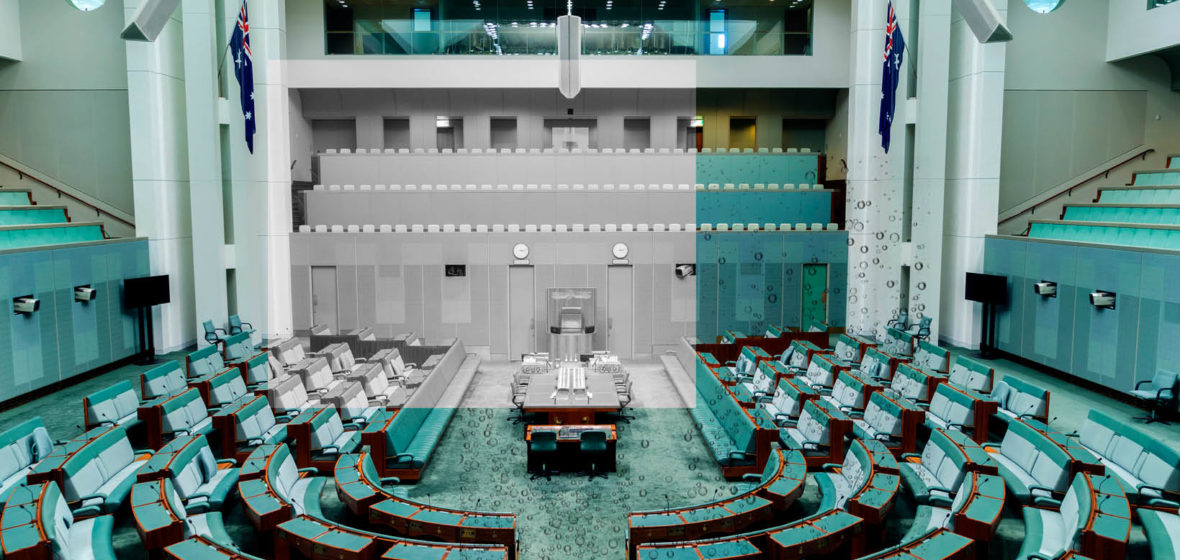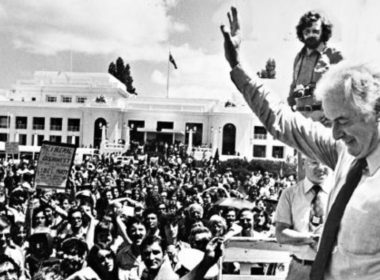Snapshot
- The Governor-General acts on prime ministerial advice to hold elections for members of the House of Representatives every three years.
- Ministerial cooperation is necessary because the Governor-General cannot issue writs for an election without or contrary to ministerial advice.
- If a Prime Minister sought to unconstitutionally govern without calling an election, the Governor-General would likely first exercise their rights to advise and warn the Prime Minister against such a course.
- But if the Prime Minister persists, they can be dismissed and a caretaker Prime Minister who is prepared to advise an election can be appointed.
In Lange v Australian Broadcasting Corporation (1997) 189 CLR 520, the High Court held that the Constitution prescribes a system of representative and responsible government. Responsible government is manifested by the Governor-General appointing a person who has the confidence of the House of Representatives as Prime Minister. Except in the case of reserve powers, the Governor-General will exercise their executive powers on the advice of ministers, who are accountable to Parliament for their advice. The principle of representative government provides that the legislative functions and the power to control the Executive are exercised by representatives ‘directly chosen by the people’.
The very notion that governmental decisions must be legislatively enacted by, or have the blessing of, the Parliament is rooted in the political theory that the people are sovereign and have ‘the ultimate power of governmental control’ (Nationwide News Pty Ltd v Wills (1992) 177 CLR 1, 71; [1992] HCA 46 (Deane and Toohey JJ)). This is because the Parliament itself is accountable to the people through elections held approximately every three years for the House of Representatives and Senate (Constitution, ss 7, 28). Thus, federal elections are an essential pillar of our constitutional system.
But just how strong are our Constitution’s safeguards? This article will consider the hypothetical situation where a Prime Minister seeks to continue governing after the House of Representatives’ three-year term has expired and refuses to advise the Governor-General to call an election. It is unlikely that the courts would intervene given that the dissolution of Parliament is considered to be non-justiciable (Council of Civil Service Unions v Minister for the Civil Service [1985] AC 374, 418; L v State of South Australia (2017) 129 SASR 180, 208 [109]–[112]). So the question is: What can the Governor-General do? And will the Prime Minister succeed?




